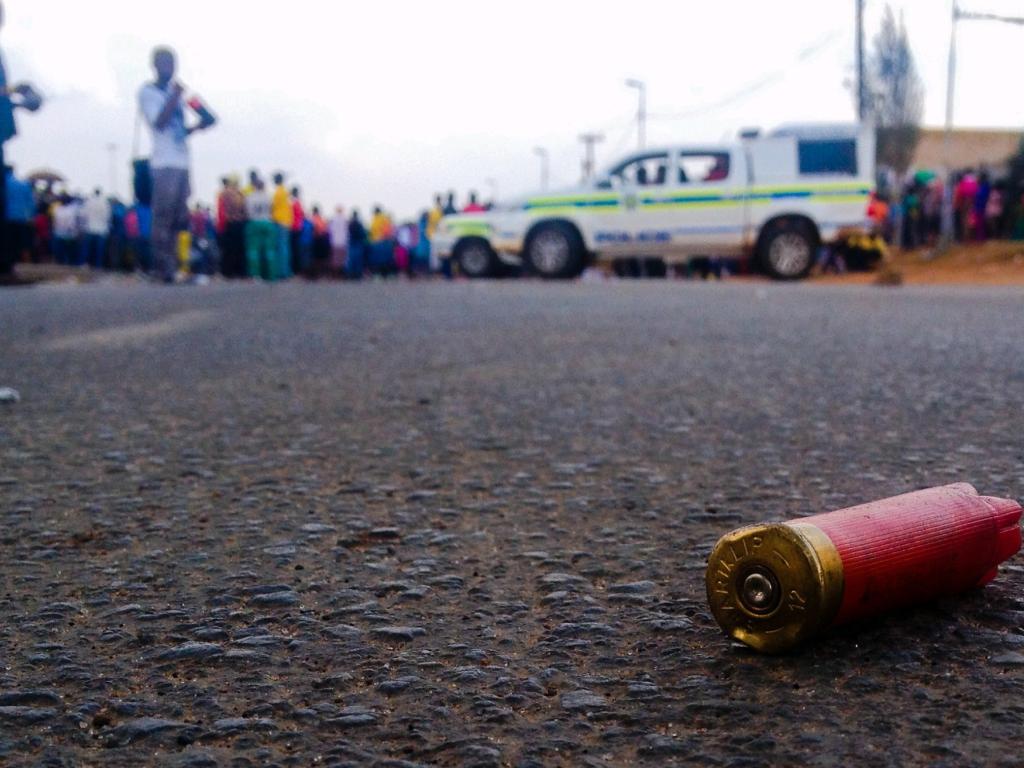Seminar | Local inequality and community protests in South Africa

Protesters at Orange Farm near Johannesburg, South Africa. Photo: Bongani Ngcobo, CC BY-SA 4.0

Protesters at Orange Farm near Johannesburg, South Africa. Photo: Bongani Ngcobo, CC BY-SA 4.0
13h00 – 14h00 SAST/CAT
A light lunch is served at 12.30 in the adjacent staff lounge.
Queries: Haajirah Esau, ACEIR projects manager
This seminar examines the relationship between local inequality and an understudied form of conflict – community protests that target the state – using South Africa as an empirical case.
Since the early 2000s, the number of protests in South Africa has increased considerably. This upward trend has garnered much interest among scholars, and there is a rich case study-based literature documenting protests in communities across the country. Qualitative studies often highlight the extremely high level of economic inequality as one of the main drivers of protests. However, there is a shortage of quantitative research examining the relationship between economic inequality and protests in the South African context. Indeed, empirical work on inequality and protests at the community level is scarce in general.
Using a combination of South African census data and protest and riot events data from the Armed Conflict Location and Event Data Project, ACEIR PhD candidate Chandré Jacobs addresses the question of whether and how local inequality (conceptualised as inequality within and between communities) is correlated with community protests. ‘Community’ in this context refers to a geographically identified area.
This research offers a quantitative contribution to the protest literature in South Africa and the inequality and conflict literature more broadly. While theory and research suggest that high levels of inequalities between groups with different identities (referred to as horizontal inequalities) increase the likelihood of conflict, much of the empirical work in this field has been at the country level, concentrating on violent conflicts such as civil war. The relationship between inequality and other types of conflict, like protests against the government, has received much less academic attention. A better understanding of the origins of different types of conflict can facilitate the development of interventions that prevent escalation.
The seminar is part of the series hosted by the Southern Africa Labour and Development Research Unit, University of Cape Town.